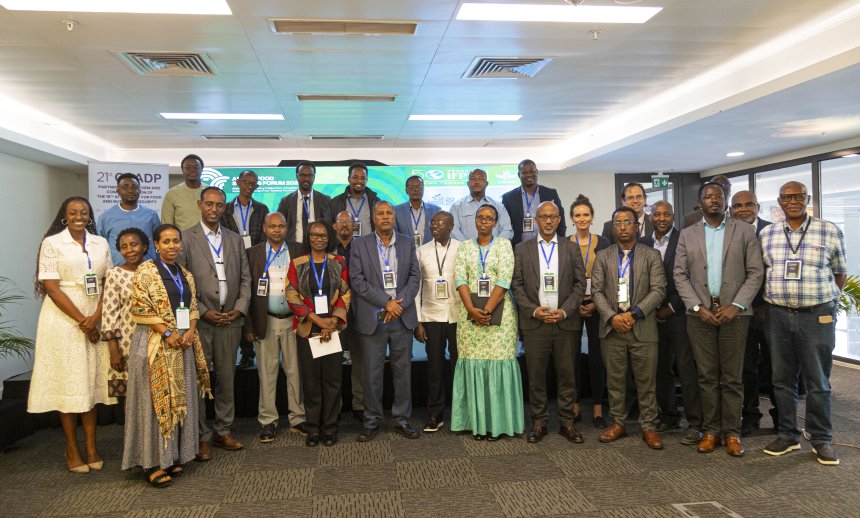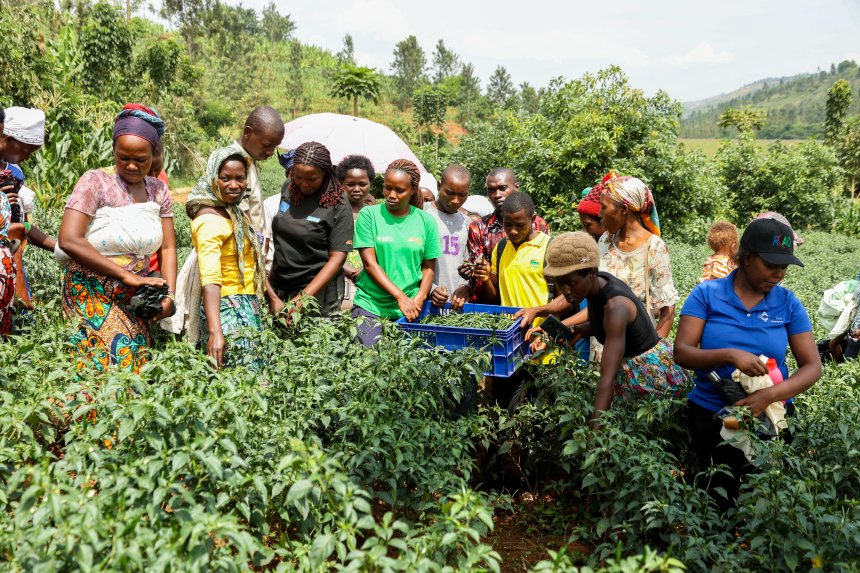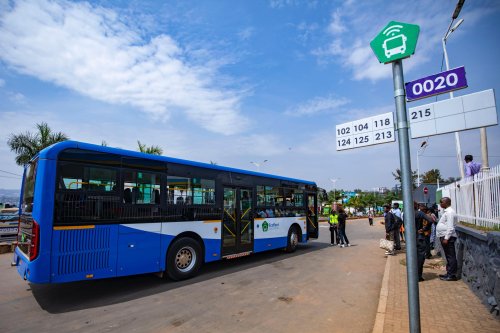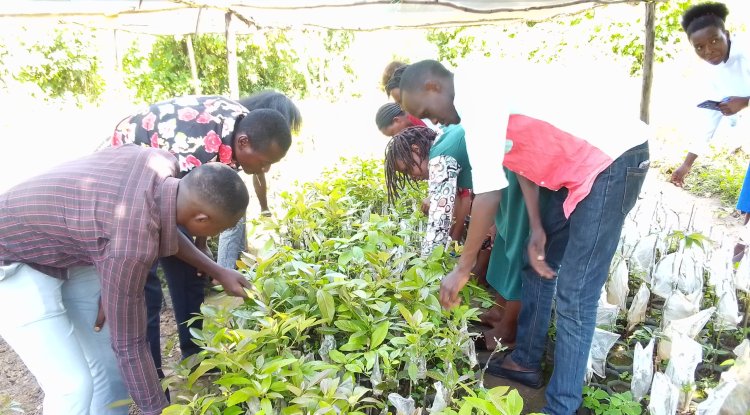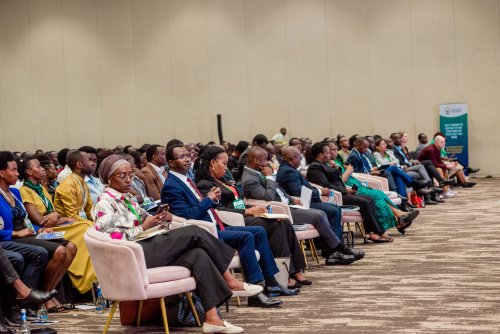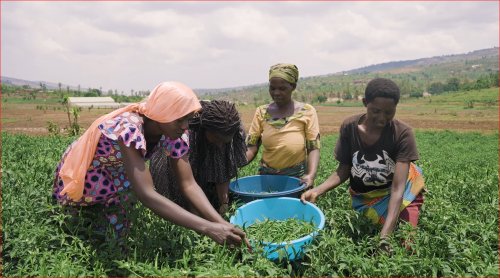The Government of Rwanda sets goal to increase agricultural production by 50% in the next five years
On the afternoon of Tuesday, Prime Minister Dr. Nsengiyumva Justin presented to both chambers of Parliament the Government’s five-year development program for accelerating NST 2 (2024- 2029). He stated that the main vision is to promote an economy largely based on agriculture, with the aim of achieving food self-sufficiency, increasing exports, and creating new jobs.

As stipulated in Article 119 of the Constitution of the Republic of Rwanda, the Prime Minister must present the Government’s program to both chambers of Parliament within 30 days of assuming office.
In the economic sector, the Government aims to reform and improve agricultural and livestock activities to increase production and add value to locally produced goods.
The Government has committed to increasing the productivity of selected staple crops by 50%, including maize, beans, potatoes, rice, cassava, soybeans, wheat, bananas, vegetables, and fruits.
It has also pledged to make better use of fertilizers and improved seeds, increasing average fertilizer use from 70 kilograms per hectare to nearly 95 kilograms per hectare, based on soil conditions, as well as attracting investment in agriculture to encourage innovation and promote modern farming practices.
The Prime Minister said: “We will achieve increased productivity through greater use of fertilizers and improved seeds, by expanding their availability and ensuring they reach farmers on time.”
The Government will focus on boosting the production of export crops such as coffee, tea, pyrethrum, flowers, vegetables, and fruits. Efforts will include rejuvenating aging coffee trees, providing new seedlings to farmers, and improving the quality of produce to remain competitive in the global market.
It will also prioritize establishing designated zones for modern agriculture, improving the management of consolidated land to increase productivity and value, and expanding irrigated land from 71,000 hectares to over 130,000 hectares.
Within this five-year period, post-harvest losses will be reduced to below 5%, down from 13.8% in 2023, through the construction of drying grounds, storage facilities, and increased capacity of agro-processing industries.
He said: “To reduce post-harvest losses, we will improve produce management so that waste drops to below 5% from 13.8% in 2023. This will require expanding infrastructure such as drying grounds and storage facilities, strengthening market access, and boosting the capacity of processing plants.”
Various irrigation methods will be applied, terracing will be expanded from 142,000 hectares to 167,000 hectares, and more radical terraces will be built in several parts of the country.
Prime Minister Dr. Nsengiyumva Justin emphasized that these programs will be implemented through collaboration between the Government, the private sector, research institutions, and citizens, so that agriculture and livestock become the key to the country’s development over the next five years.
Dr. Nsengiyumva Justin was appointed Prime Minister on July 23, 2025, and sworn in on July 25, 2025, succeeding Dr. Edouard Ngirente, who had served in the position for eight years.

